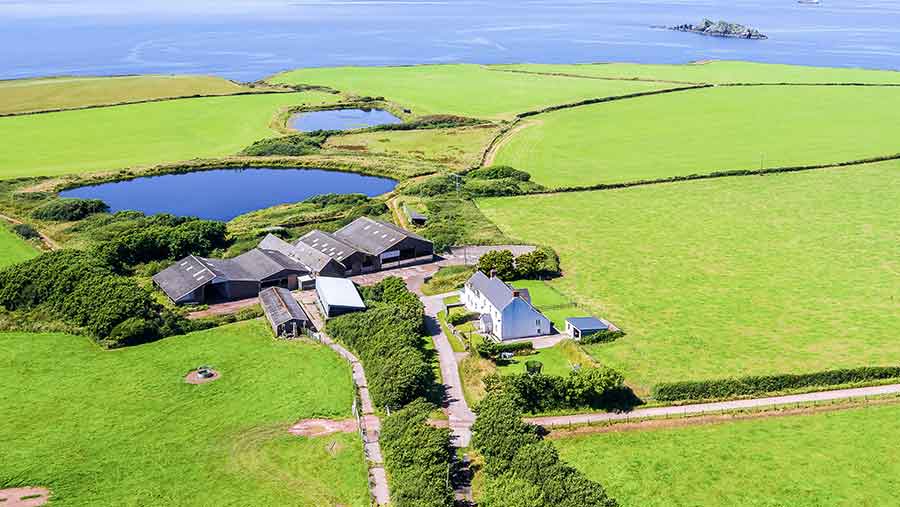
A focus on improving farm management and a willingness to invest will be key to farms preparing themselves for the 'brave new world of Brexit.'
James Farrell, Head of Estate & Land Management at Strutt & Parker, says rural businesses will need to embrace change if they are to thrive in the future.
"That will mean understanding new areas of opportunity, such as natural capital, which has the potential to create valuable new revenue streams for some," he said.
"Investing in natural capital will involve landowners entering into long-term contracts where they are paid to produce environmental outcomes, such as improved water quality or a reduced flood risk
"We are also on the cusp of a new agricultural revolution, driven by technological advances in which progressive farmers can invest to become more profitable.
"Smaller farms, which may be undercapitalised and may not have that opportunity to invest, need to think about what they are going to do. Joint ventures and new collaborative arrangements will be the key to survival for some."

'Time for action'
Mr Farrell says while estates must consider how they can diversify to fill the void left by an anticipated fall in agricultural income, they shouldn’t ignore the basics of good business management and investment in the core estate.
"This could mean investing in residential properties to ensure that they can thrive in a changing private rental market," he says.
"Rural landlords must adapt and make their rentals competitive with those in urban areas.
"Reviewing an estate, understanding its position in the local economy and developing a strategy around that will be vital.
"The availability of capital has never been better, so there’s a real opportunity to reinvest, too. But while borrowing remains historically cheap, interest rates are rising – and with £1 billion of rural development grant funding available to kick-start new projects - the time for action is now."
Good management
Will Gemmill, Head of Farming at Strutt & Parker, says the industry can only speculate on what agricultural and environmental policy will look like post-Brexit, but it is highly unlikely that farmers will receive similar direct payments to now.
"Perhaps the key question is whether the government will continue to protect farmers or liberalise a sector, which is perceived by many as inefficient," he says.
"We don’t know yet if the winds of change will be a gentle breeze or a hurricane, but we know change is coming."
Mr Gemmill says the fundamentals of running an efficient business remain the same: detailed understanding of your markets, revenues, costs and profits.
"Farmers’ focus should be on good management,” he says.
"On the ground, aim for excellence in growing the crop, understand the relationship between soils and crops, and monitor, evaluate and learn from the results.
"The farming mindset will need to change too: improvement through marginal gains will be key, as will using the best information to find solutions, and ensuring that everyone in the team knows what the objectives are and provides feedback."
